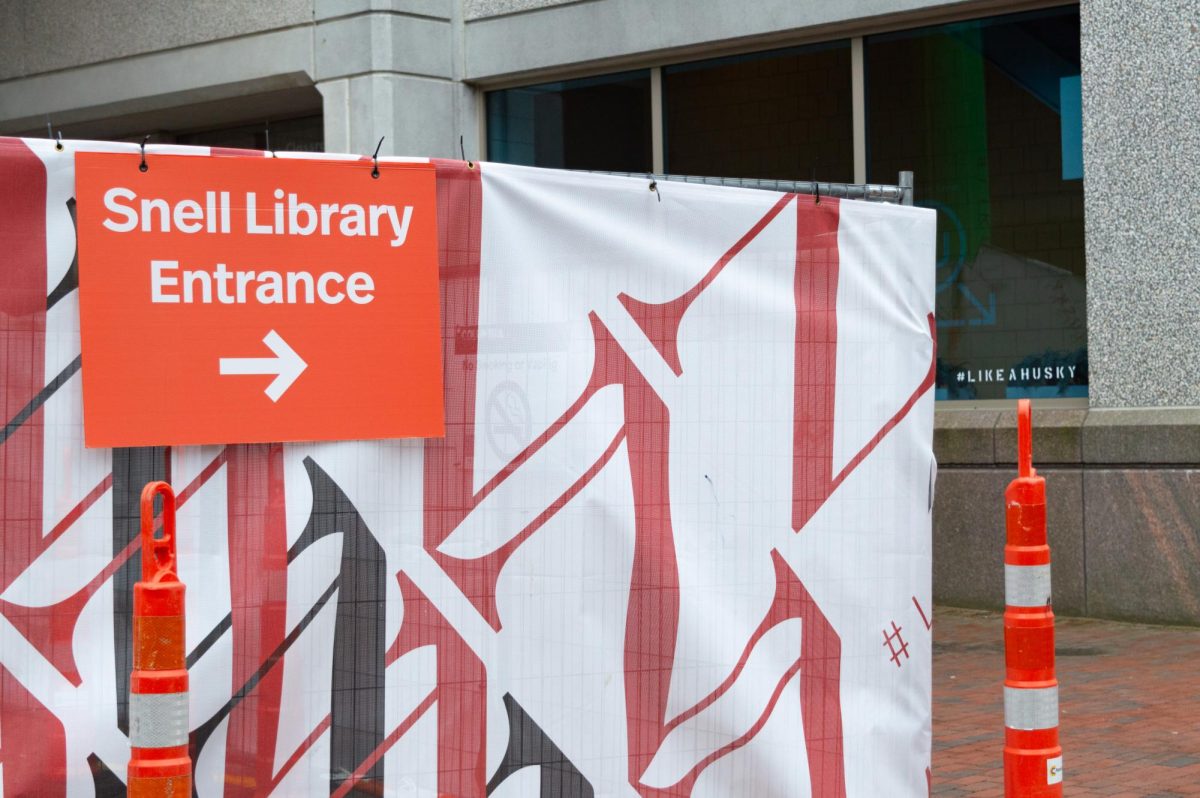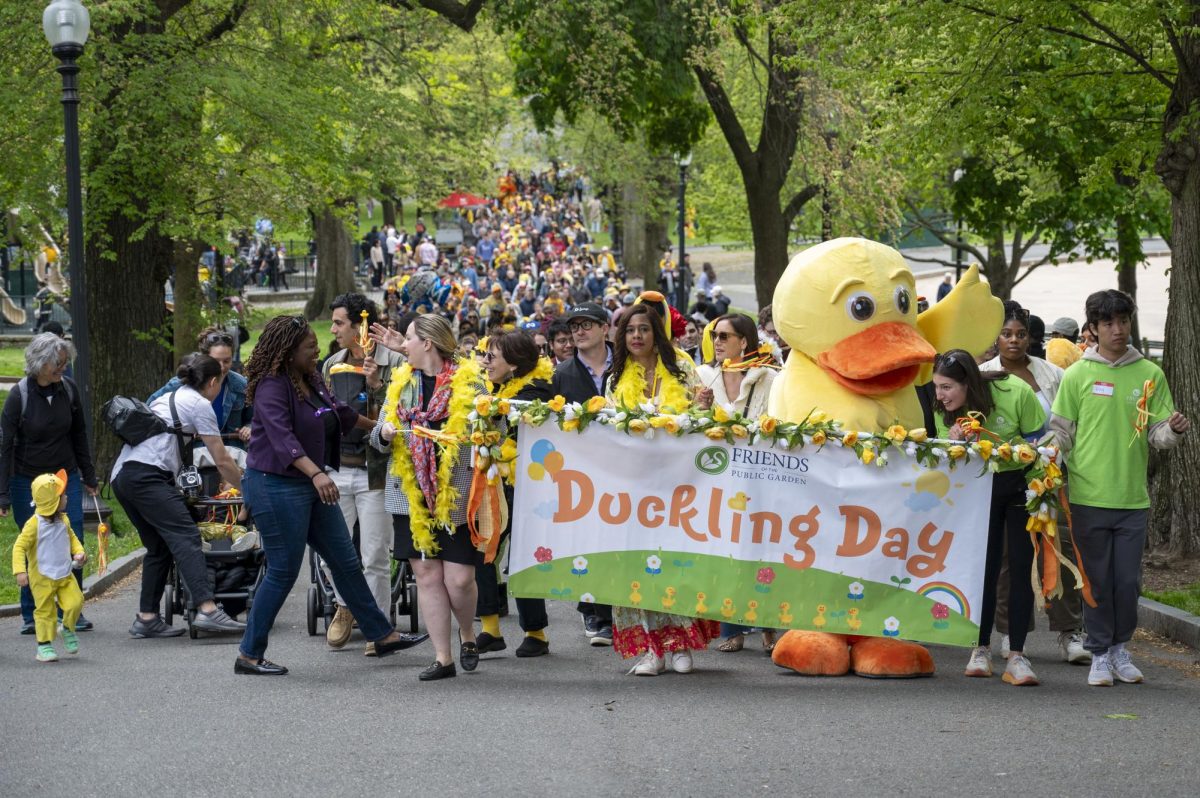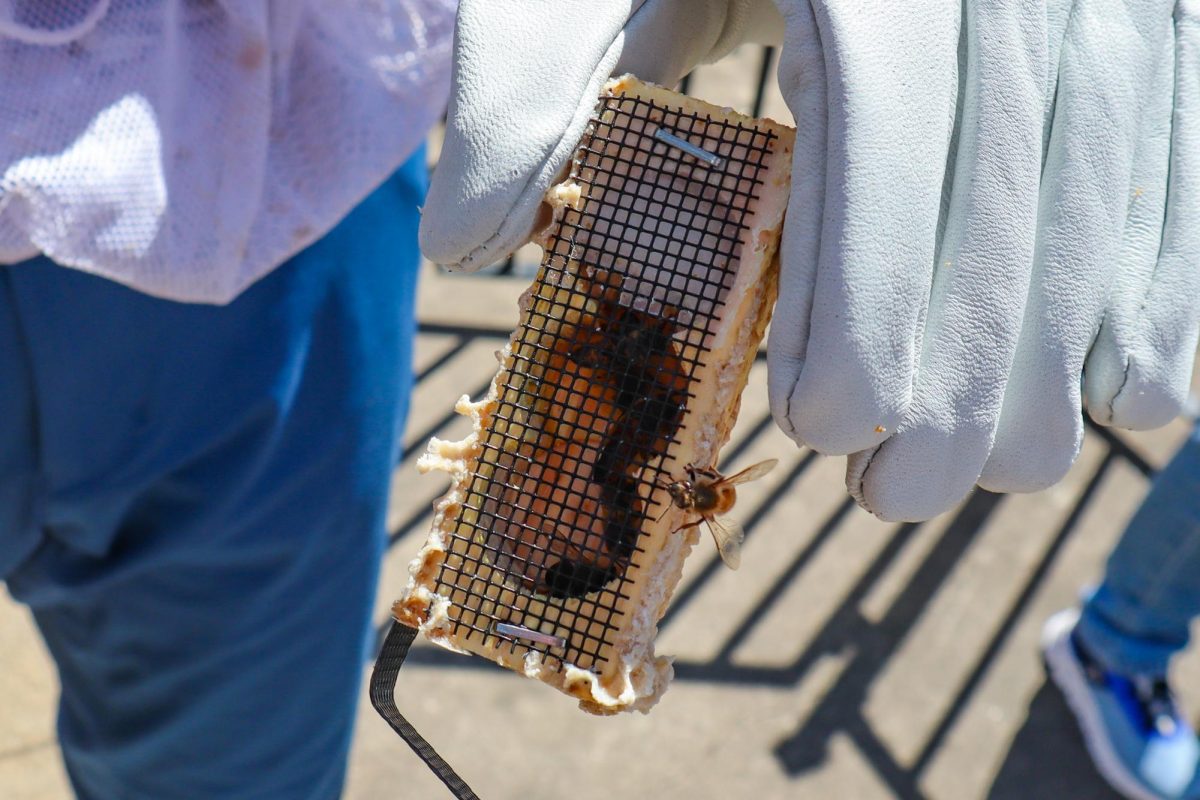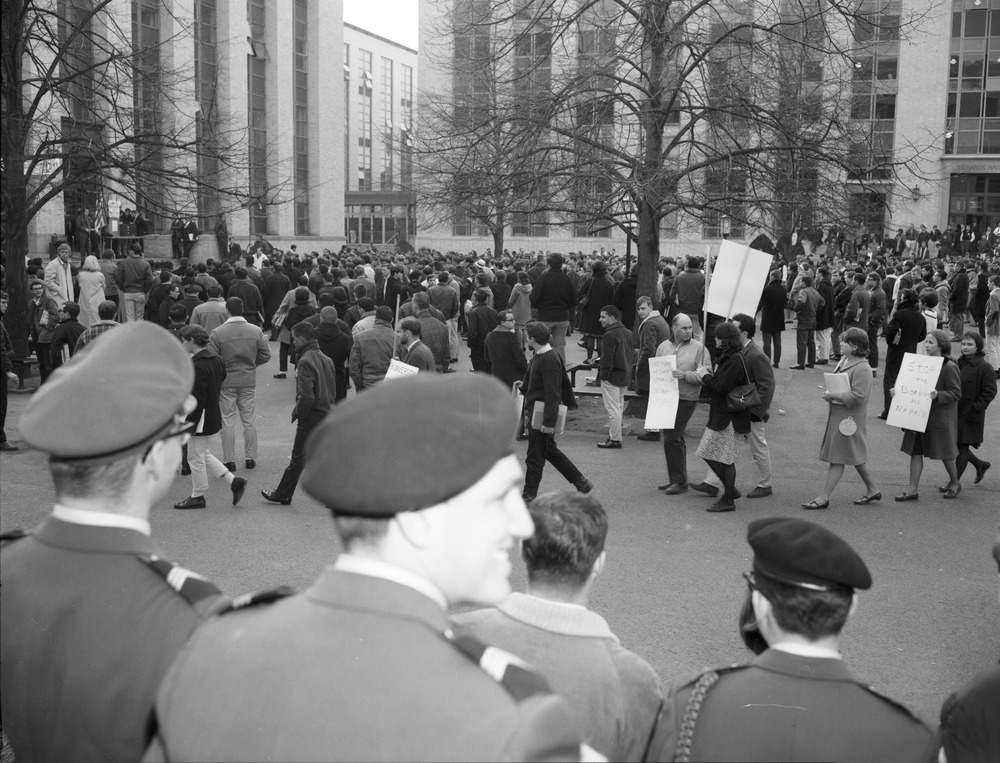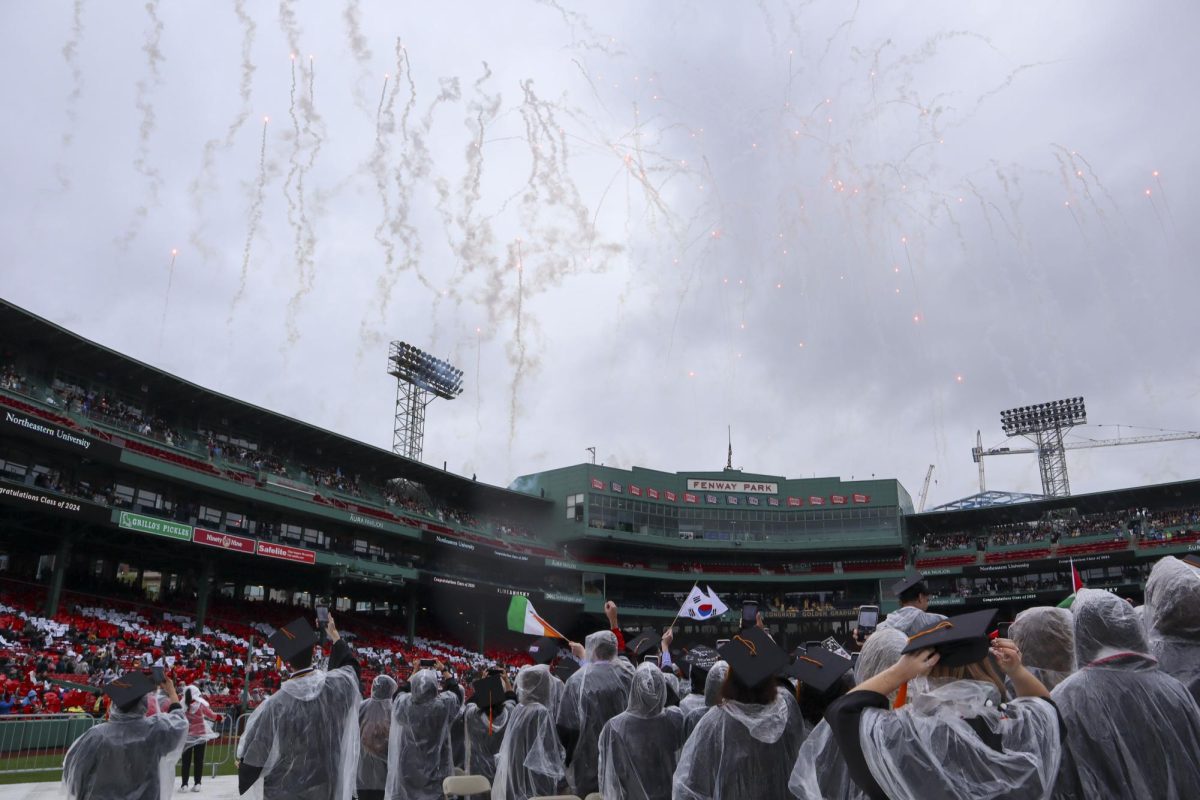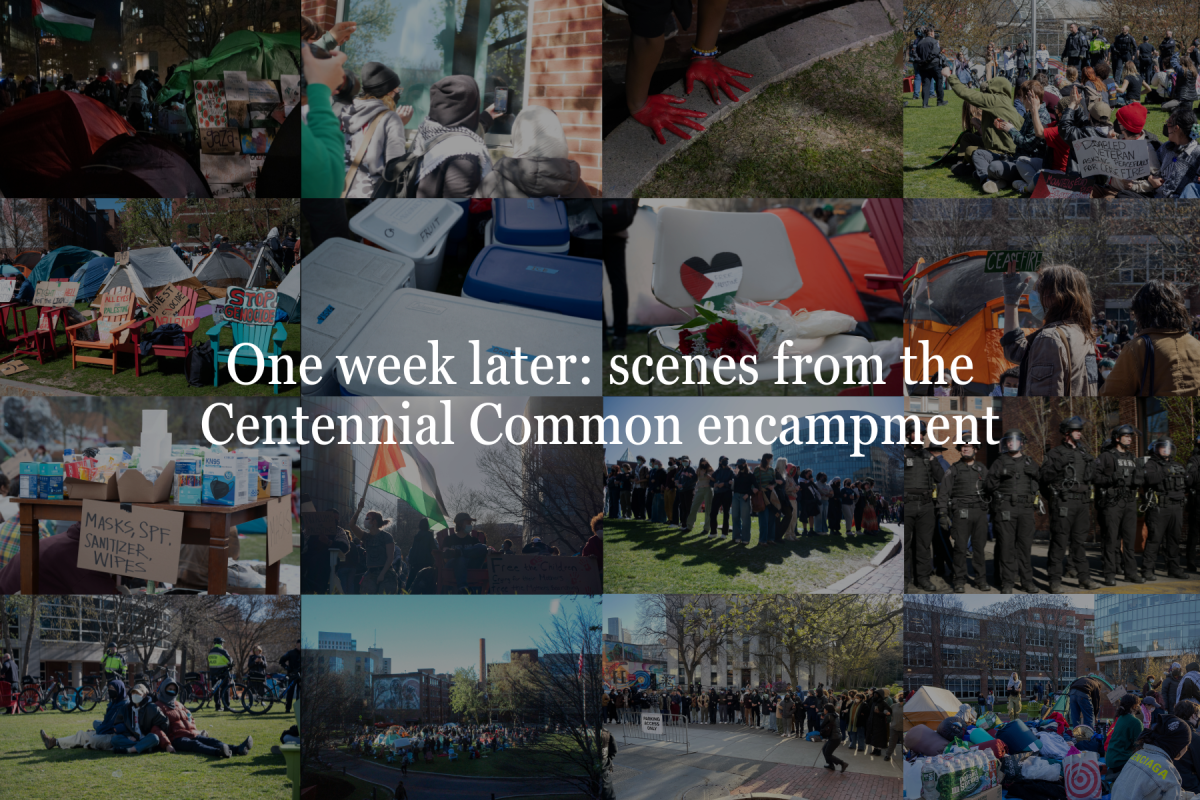By Gal Tziperman Lotan, News Staff
‘ Facing a $5.2 billion debt and growing criticism from commuters, the Massachusetts Bay Transit Authority (MBTA) held the first of 13 scheduled public workshops Monday about a proposal to increase fares or drastically cut service. The proposal includes canceling Green Line E trains on weekends and closing all stops between Brigham Circle and Heath Street.
Governor Deval Patrick canceled all 12 remaining public workshops yesterday until the MBTA finishes a ‘top-to-bottom review’ on Nov. 1, according to a statement on MBTA.com.
About 150 commuters and public officials attended Monday’s workshop in the State House, and all who spoke publicly opposed the proposal.
Jonathan Davis, deputy general manager and chief financial officer of the MBTA, referred to the review often during Monday’s workshop when commuters confronted what they saw as mismanagement and waste of MBTA funds. Davis told The News he did not know how much of the review will be made public.
Davis said he was unsure if the proposal would succeed long-term.
‘I don’t think service cuts and fare increases are necessarily a good solution,’ Davis told The News after the workshop. ‘What I think we have to do is come up with a solution that gives us financial stability over at least the next three years, because we can’t, and our costumers can’t, be on the brink every year, wondering, ‘Is service going to be there July 1?”
The proposal would raise bus and T fares from $1.25 and $1.70 with a CharlieCard ($1.50 and $2 without) to $1.50 and $2 with a CharlieCard, respectively ($2 and $2.50 without).
If the T’s Executive Board does not approve the fare increases, MBTA executives have threatened to significantly cut services by eliminating Green Line E train service from Brigham Circle to Heath Street altogether, canceling E train service entirely on weekends, canceling all commuter rail trains after 7 p.m. on weekdays and all commuter rail trains on weekends, eliminating 62 bus routes, and reducing service by 50 percent on all buses after 8 p.m. on weekdays and all day Saturdays and Sundays.
These cuts will save the MBTA $55,105,579 this year, according to a pamphlet released by the organization. Though it is difficult to predict how many customers the service cuts would affect because of overlap in ridership, more than 4.42 million people would be affected by reducing weekend bus services alone.
Matthew Soleyn, vice president for housing services and chief advocacy officer for the Resident Student Association and the only student to speak publicly during the workshop, said cutting service will burden urban and suburban commuters.
‘Without that option [of public transportation], people have to make a choice between, do they have to invest in their car, invest in their travel to the city, or do they invest in something personal,’ he said during the workshop. ‘That’s going to hurt Boston, and that’s going to hurt the state of Massachusetts.’
The MBTA saved $11 million this year by freezing hiring, cutting overtime by 17 percent and eliminating 330 positions, Davis said. Agency officials have also been working on increasing non-fare revenue, which comes from parking, advertising and leased vendor space, Davis said. Non-fare revenue is about $70 million to $90 million per year, or about 0.075 percent of the MBTA’s $1.2 billion annual budget.
Despite the concessions, $230 million in federal stimulus money and $160 million in additional state funding from the increased sales tax, which went from 5 percent to 6.25 percent Aug. 1, the MBTA is still $5.2 billion in debt.
Eliminating outbaound E-Line service beyond Brigham Circle and halting E trains on weekends will hurt Northeastern students in particular, Soleyn said.
Soleyn told The News he urges students who were not at the meeting to submit their comments about the proposal through MBTA.com.
‘Students make up a larger percentage of the city than you tend to see during public hearings and meetings,’ he said. ‘I think the biggest reason students aren’t here is that so many are home this summer.’



